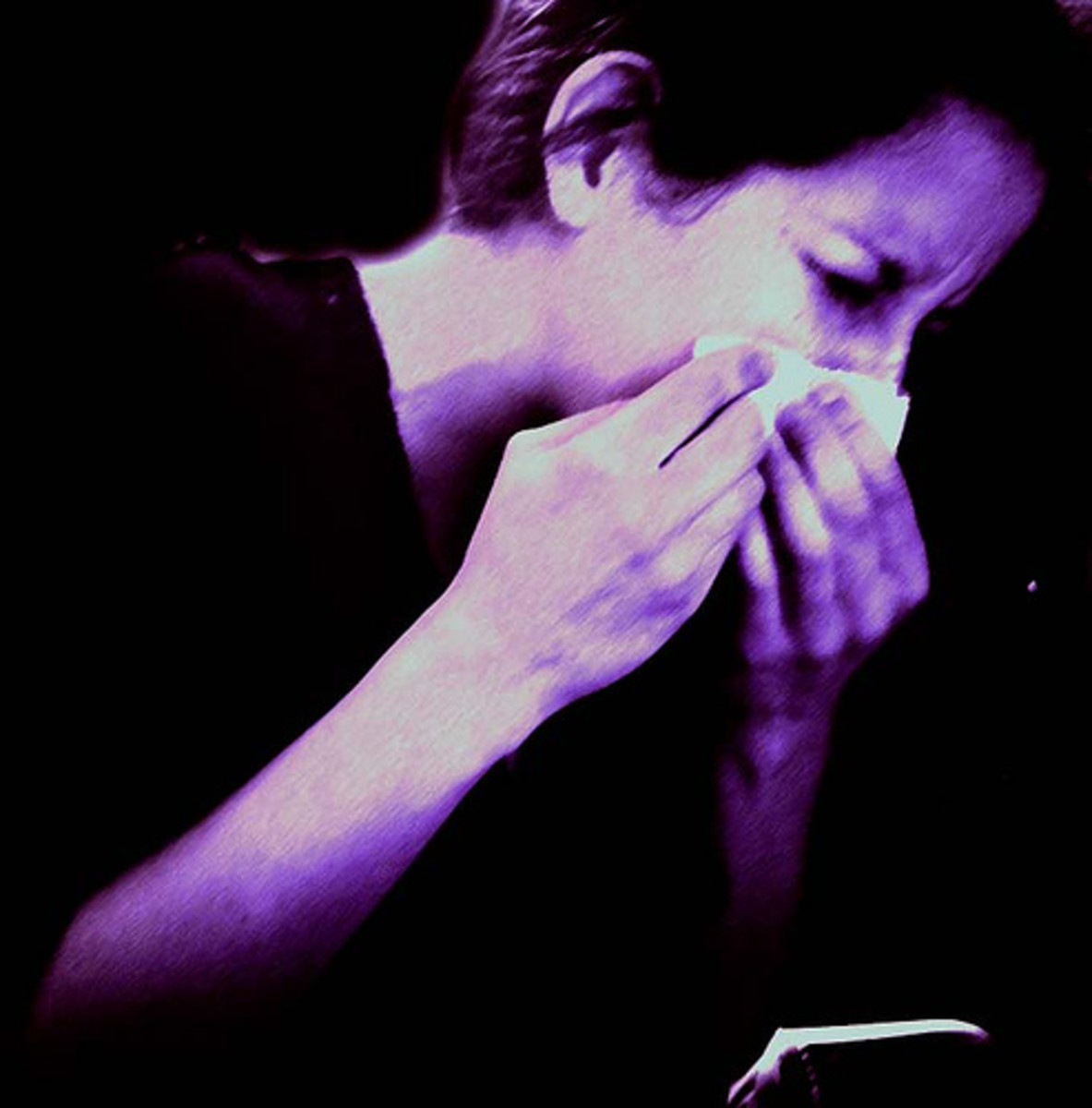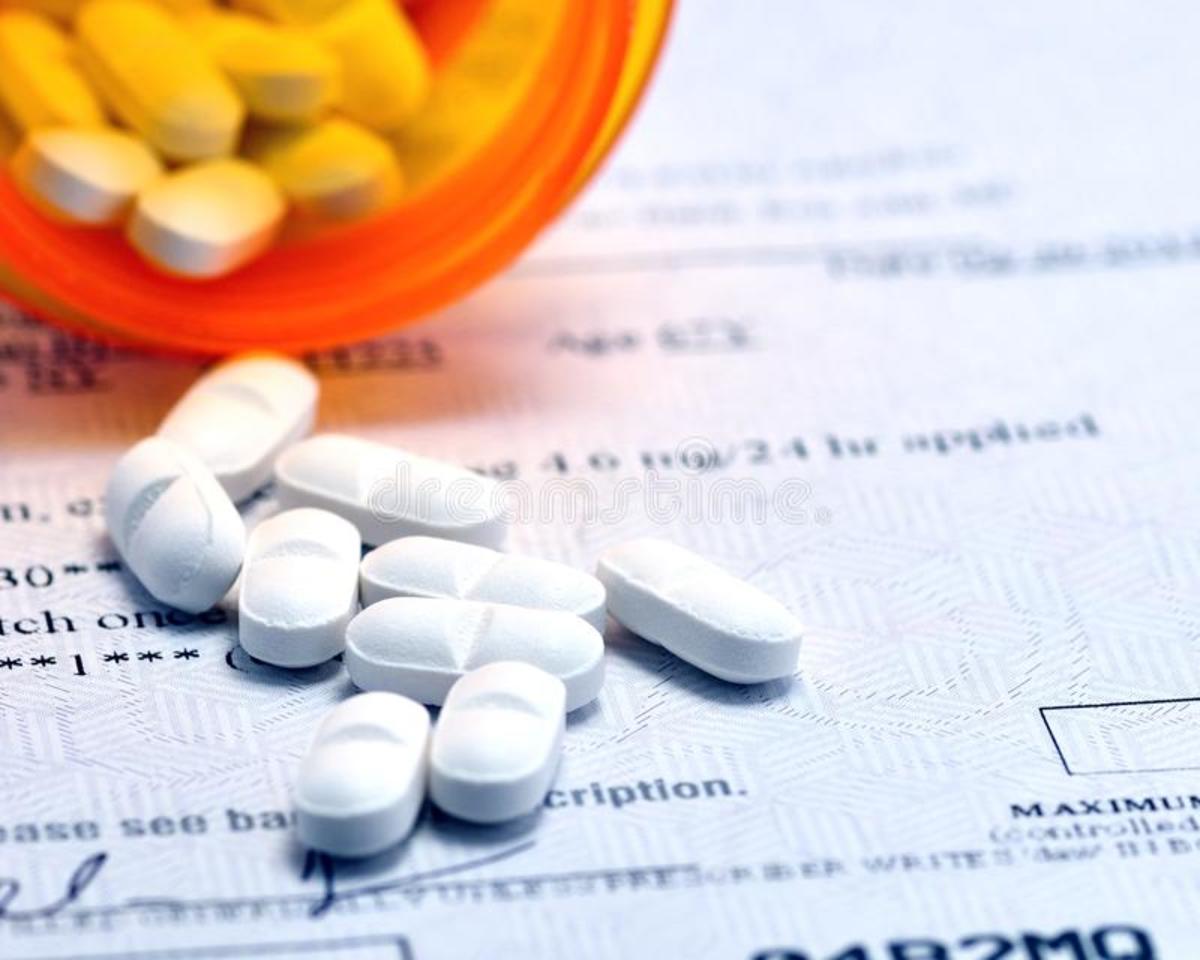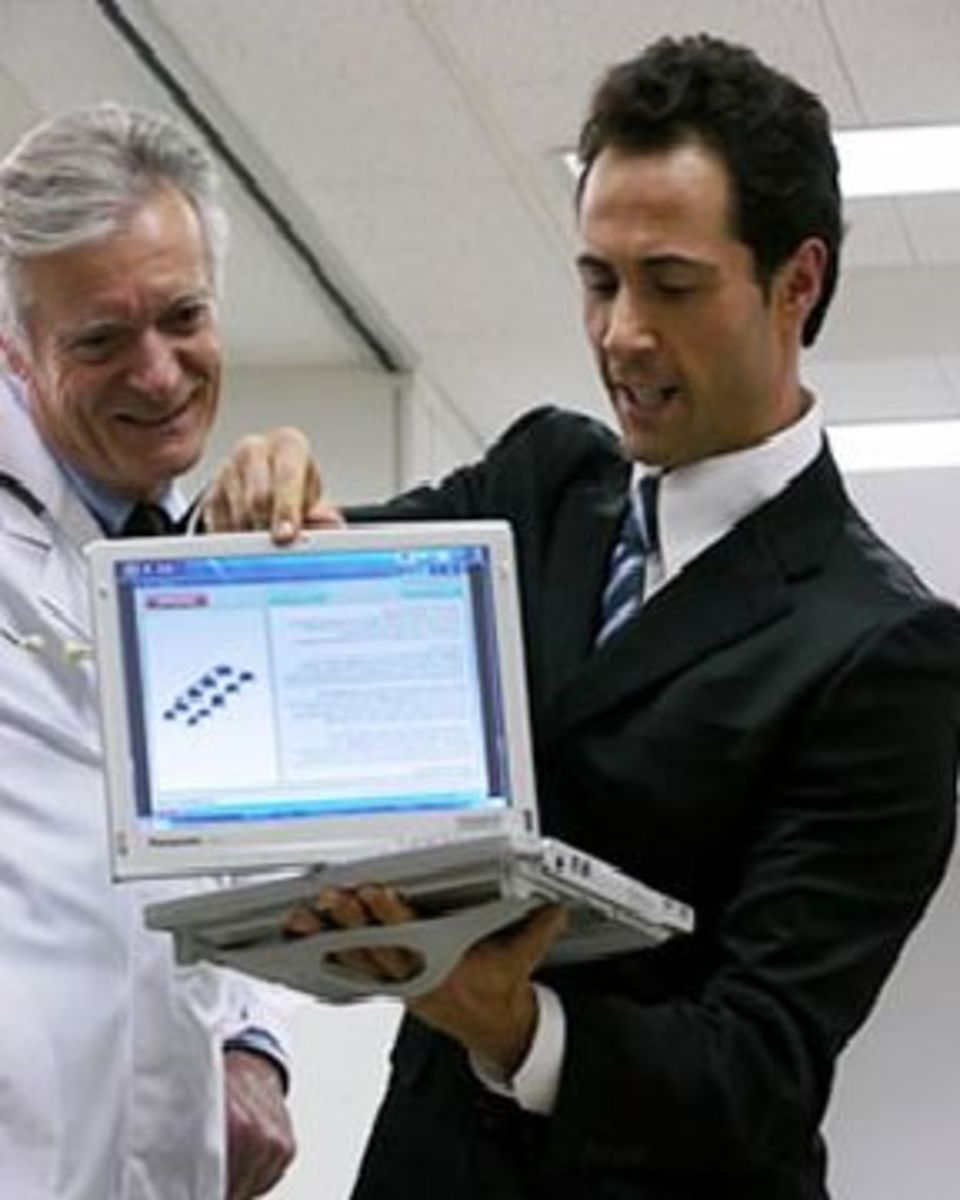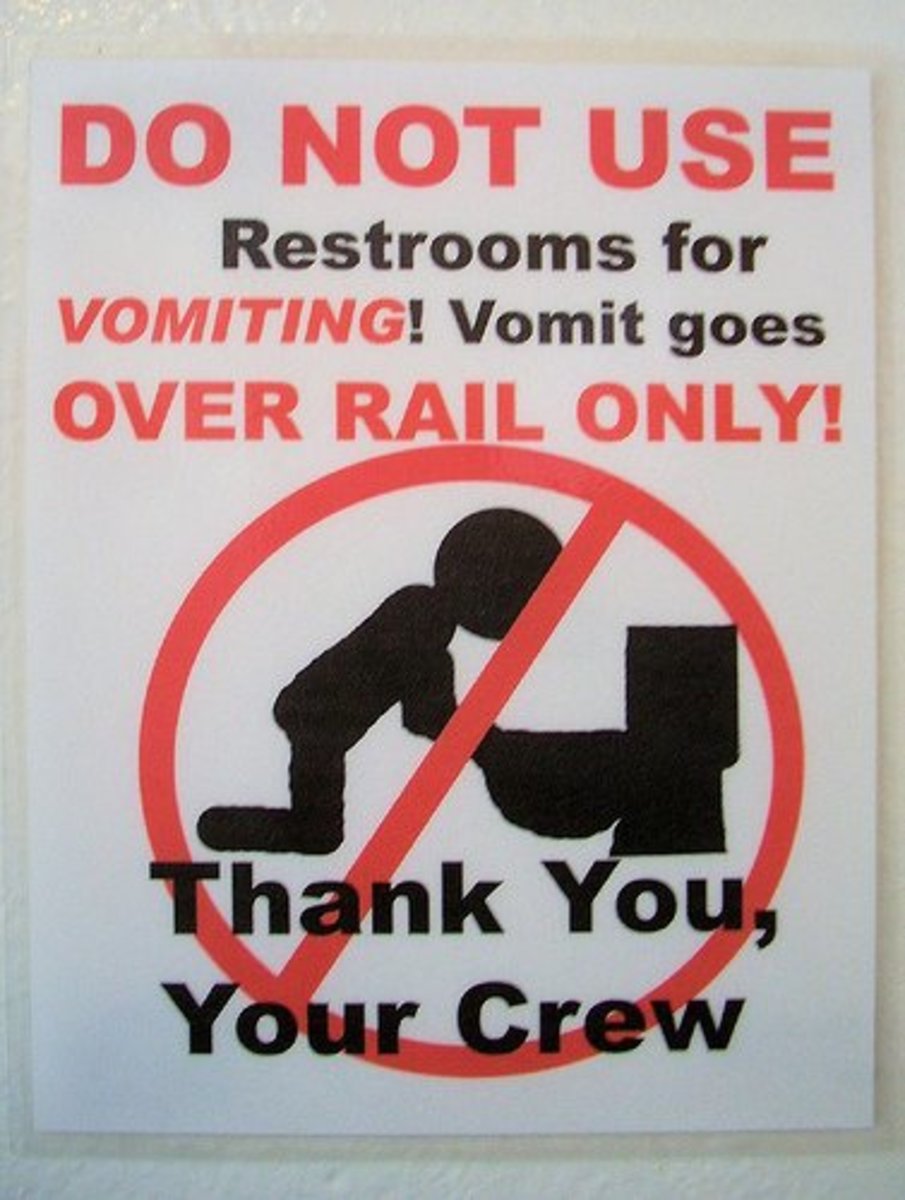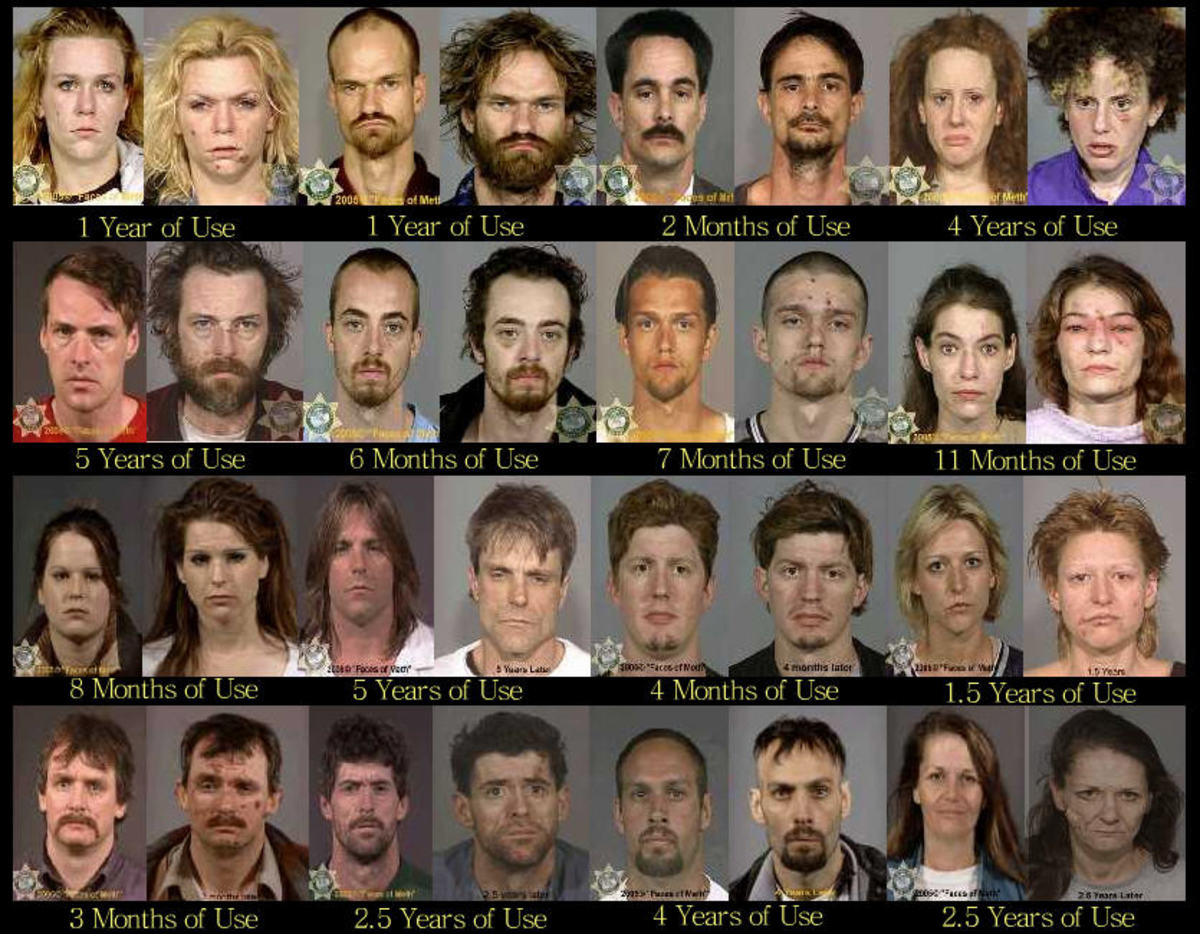- HubPages»
- Health»
- Mental Health»
- Addiction»
- Drug Addiction
Kratom Potential in Opiate Addiction Rehab
Kratom (Mitragyna speciosa)
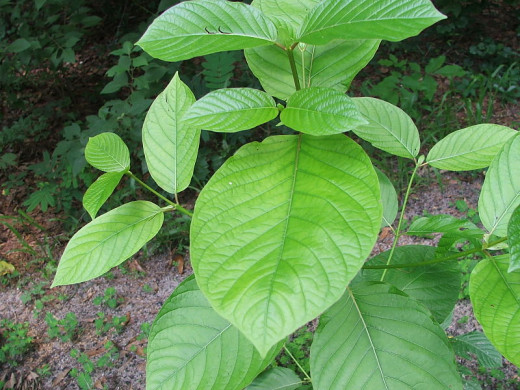
"Ask Your Doctor If OxyContin Is Right for You"
Kratom's potential in opiate addiction rehab should be considered before drug control agencies push to end open access to this valuable, low-cost tool.
The fact that the herb Kratom is being demonized in the media, while the thousands of deaths caused by prescription painkillers are largely ignored is ironic.
According to Wikipedia, kratom has never caused a fatal overdose. Kratom is an herb that has been used for centuries in its native Thailand as a way to help opium addicts to wean themselves from their addiction.
Pharmaceutical opioid drugs, on the other hand kill tens of thousands of people every year in America -- and the numbers have increased exponentially for women in particular over the past 11 years.
This seems to tell us, once again, that Big Pharma is the 900 pound gorilla that isn't concerned with the deaths of a few thousand of their customers. What may be concerning to Big Pharma is that many former opioid drug addicts are successfully quitting OxyContin, Vicodin, Opana and the rest with the help of an inexpensive herb with a long history of safety.
In the ongoing battle for market share by the big pharmaceutical companies, it appears that kratom is in the cross-hairs and destined for prohibition.
In the public media, things happen for a reason. Editors decide what their major advertisers want their audience to see/hear -- and what they don't want them to worry about. Big advertisers like the pharmaceutical companies and agencies of the federal government no doubt have a lot of influence over what shows up as important "news".
In spite of the best efforts of Big Pharma's lobbyists, a little news describing the size of America's opioid addiction problem managed to leak out. While Americans' attention was distracted by excitement over a big summer holiday -- Independence Day -- a press release described how dependent we are becoming to addictive pharmaceutical drugs.
All perfectly legal, mind you!
Some startling statistics of the number of deaths of middle-aged women caused by overdoses of prescription pain medications caught my eye. In the 10 years studied, the rate of death from overdoses has more than tripled between 1999 and 2010.
Middle-aged women are not the typical demographic that comes to mind when we think of drug addicts.
Purdue Pharmaceutical's push to make the strongest, most-addictive class of pain-killers available to the general public may have something to do with this.
More than 70% of these deaths are thought to be accidental -- not suicides -- by the U.S. Center for Disease Control experts, who are watching this situation closely, we are told.
Watching closely for 14 years as the deaths increase before the CDC finally releases its first report on the problem? How much evidence do they need to collect before determining they should do something about the soaring overdose death numbers?
Deaths have been rising exponentially for ten years since heavy-duty pain-killers were released to the general public -- and are no longer restricted to those dying from cancer. How long will the watchdogs at the CDC watch murder being committed before they do something to stop it?
This article in the Milwaukee Journal-Sentinel tells the whole story how Purdue Pharma got away with what many are calling murder.
Dr. Thomas Frieden, director of the Centers of Disease Control and Prevention had this to say about this public health crisis, "Mothers, wives, sisters, and daughters are dying at rates that we have never seen before. These are dangerous medications, and they should be reserved for situations like severe cancer pain."
Yes, Dr. Frieden, and what does your agency or the FDA plan to do about it?
Publishing this information on the increase of deaths caused by opioid painkillers may encourage a few rational people to avoid them or attempt to moderate their use, but it also alerts the potential addicts in our society that these powerful drugs are surprisingly easy to obtain.
What is shocking is that an herb from the coffee family that has traditionally been used as a way to relieve pain (and break opiate addiction) -- kratom -- is not welcomed more enthusiastically by the agencies, media, and public policy thinkers in this country.
(Could this be because it is not a pharmaceutical drug, with lobbyists to sing its praise?)
All we hear about from the mass media are the warnings and horror stories, such as these:
'Kratom' craze worries federal drug agency | KING5.com Seattle
"Is Kratom the New "Bath Salts" or Just an Organic Pain Reliever with Euphoric Effects?"
"Asian leaf 'kratom' making presence felt in US emergency rooms ..."
OxyContin Poster Children 15 Years Later
Why Did OxyContin Get the Red Carpet Welcome?
Why, indeed, did OxyContin get the red carpet treatment by the media when it was introduced, while the humble herb kratom gets the "Bum's Rush"?
Could it have something to do with the huge resources a large pharmaceutical company has to throw into buying the support of doctors, drug trial patients, researchers, the media, and even the members of the drug review committees of the Food and Drug Administration?
A simple herb that might threaten the profits of a major drug producer doesn't stand a chance, when it is up against that kind of marketing muscle.
The story of the exaggerations by the promoters of OxyContin -- and the $600 Million fine paid without putting a dent in their profits -- are clearly described in this follow-up video (above) on the Poster Children of OxyContin after 14 years on the market.
I am not opposed to Purdue Pharma being able to sell a drug with so much addictive potential, if the users are properly informed of the risks. What disturbs me is that the Media and law enforcement officials are prepared to pounce on an herb that is being used as an inexpensive method of D-I-Y addiction rehab for drugs such as OxyContin and Vicodin.
Why is this happening?
It is obvious that addiction to pharmaceutical drugs is a lucrative source of revenue for Purdue Pharma and the other big pharmaceutical companies. They don't want this gravy-train to be derailed or even slowed down.
As in any war, it is useful to offer your enemy distractions to deflect their attention from the big threats you represent. Throwing one of your potential competitors -- kratom -- to the media to distract the public from the tens of thousands of American deaths caused every year by drugs like oxycodone and hydrocodone is a very sensible ploy, from a business perspective.
Can I prove this is happening? No, I can't. But, considering the "take no prisoners" approach Purdue Pharma and others consistently use, why wouldn't they do anything they could to maintain maximum profitability for their executives and shareholders?
This is not personal. It's business.
When your business is selling legal drugs to the American public -- drugs that are stronger and at least as addictive as street heroin -- why should we expect anything less than a ruthless approach of the sort we see from the illicit drug cartels?
Dependence or Independence? Do We Have a Choice?
America claims to be a free country. Pharmaceutical companies want to be free to sell addictive opioid drugs to the general public. If the public chooses to accept a prescription for OxyContin, being fully cognizant of the risk of addiction and even overdose death, then they are welcome to the dependence that may result.
Ideally, the best practice is to provide the patient the resources their body needs to heal whatever is causing the pain. In many cases, medical research has shown ways to reverse diseases which the medical profession generally claims cannot be cured. They just prefer not to discuss how a patient could eliminate their symptoms because the pharmaceutical industry has not been able to provide the doctor with a drug that can profitably cure the disease. This is a matter of semantics, which I will deal with in a future Hub.
In the meantime, the patient is left in excruciating pain, perhaps after submitting to surgery (often unnecessary), and they need to ease the pain, while they heal. It is quite easy for most people to become more-or-less dependent on these opioid drugs.
It would only be fair, then, that those who want to live independent of these deadly drugs should be allowed the same freedom of access to natural kratom herb that makes it possible to control pain without the fear of an accidental fatal overdose.
If it is legal for pharmaceutical companies to sell lethal addictive drugs to a trusting public, then why shouldn't the antidote to these poisons also be sold legally?.
Kratom Shows Potential to Help Diabetics, Too
- Kratom and Diabetes
Will Kratom and Diabetes Be Two More Victims of the War On Drugs?


